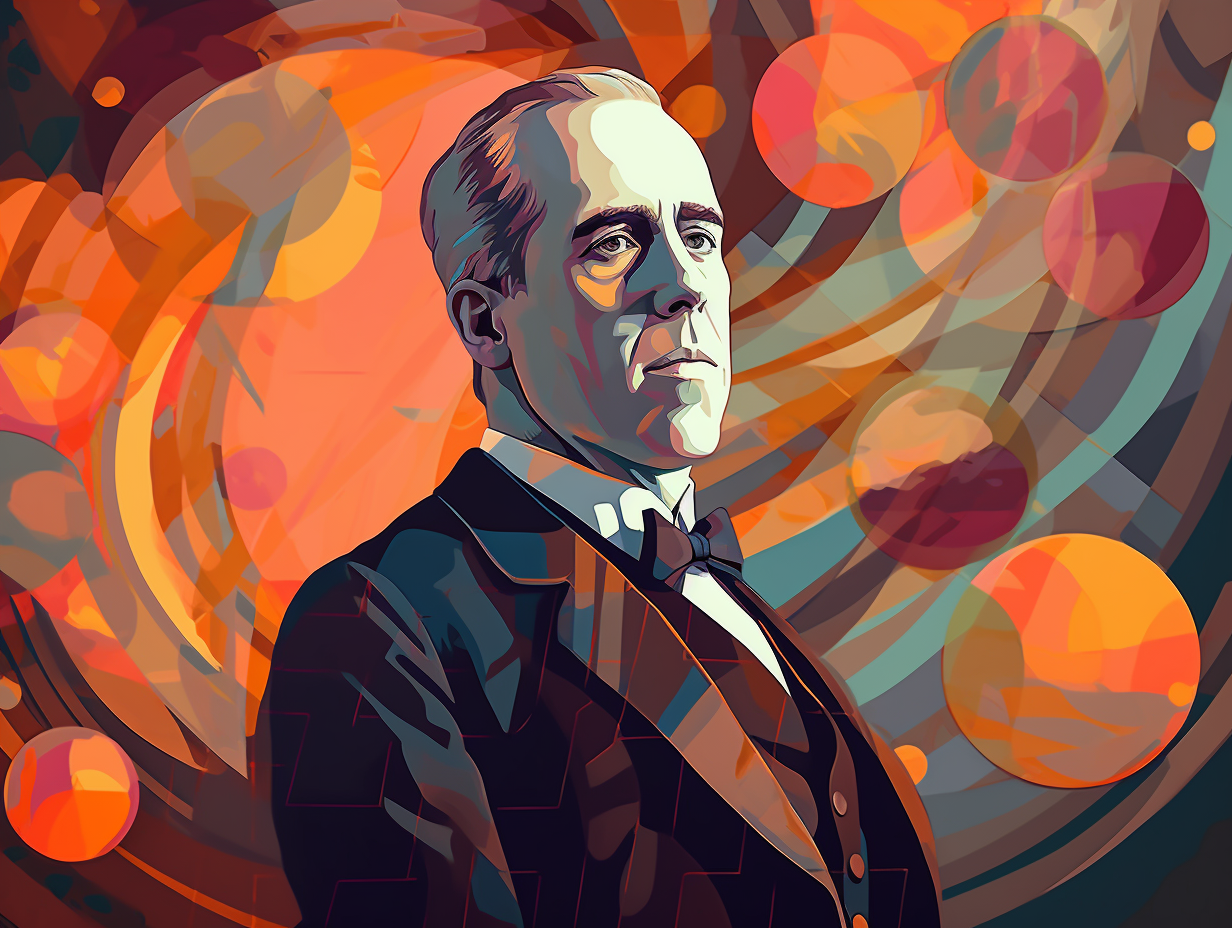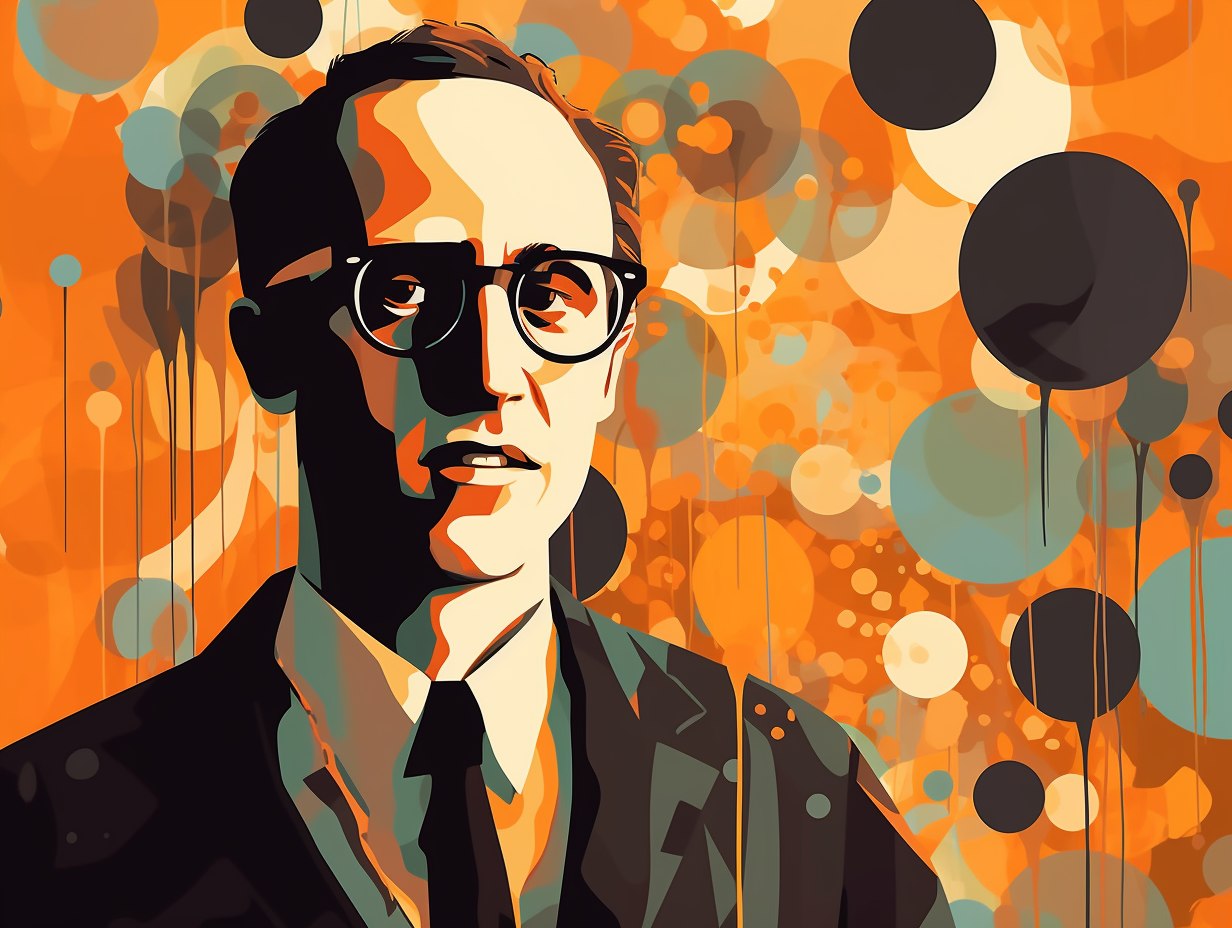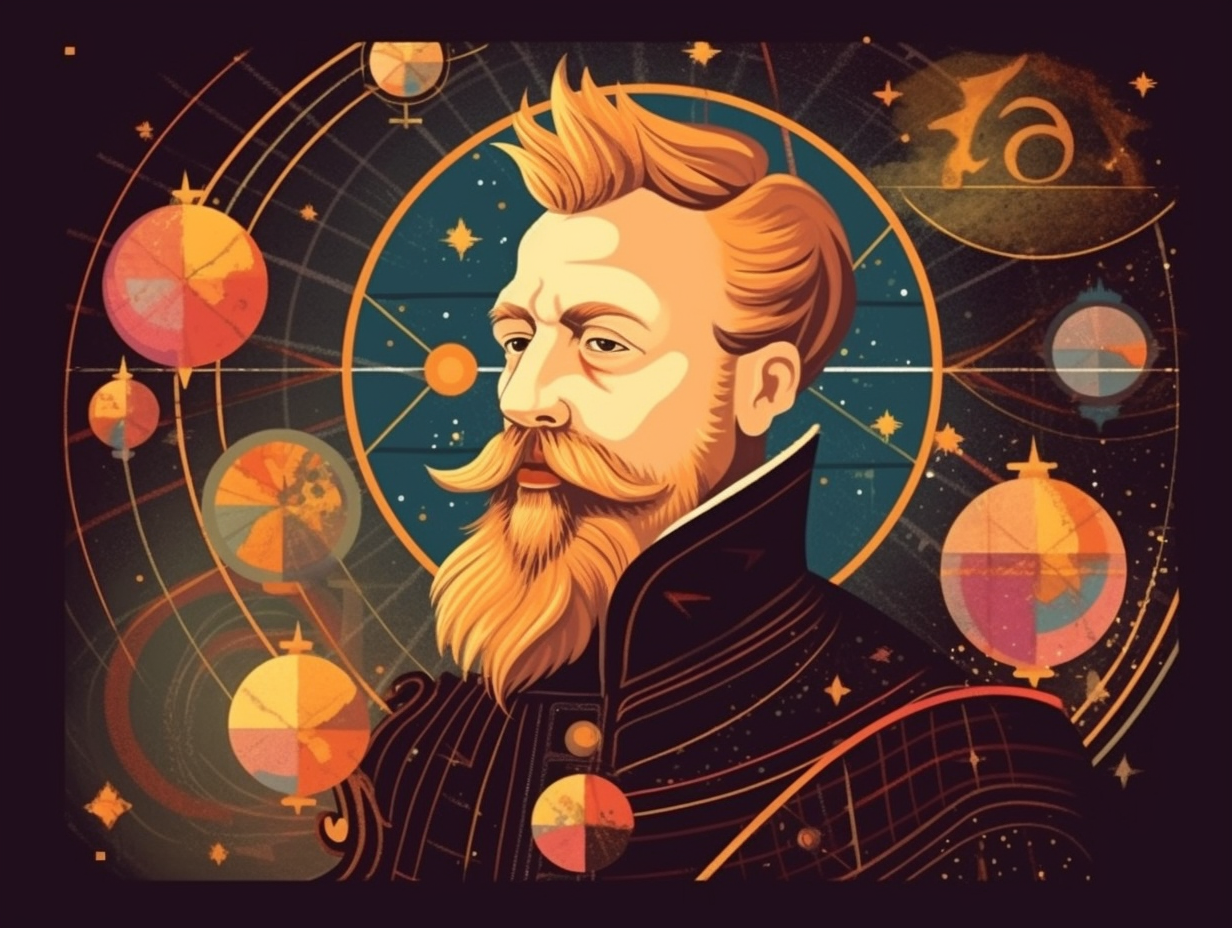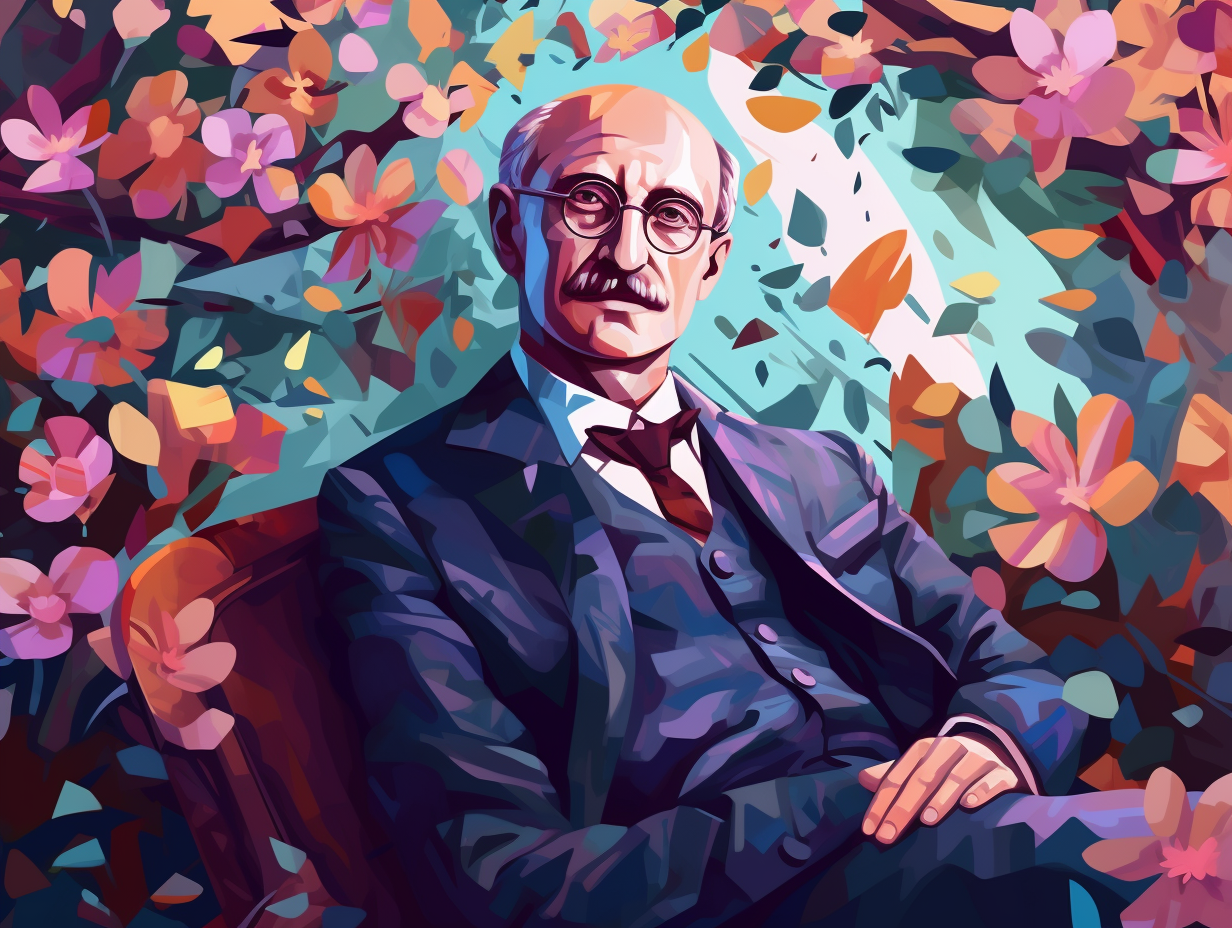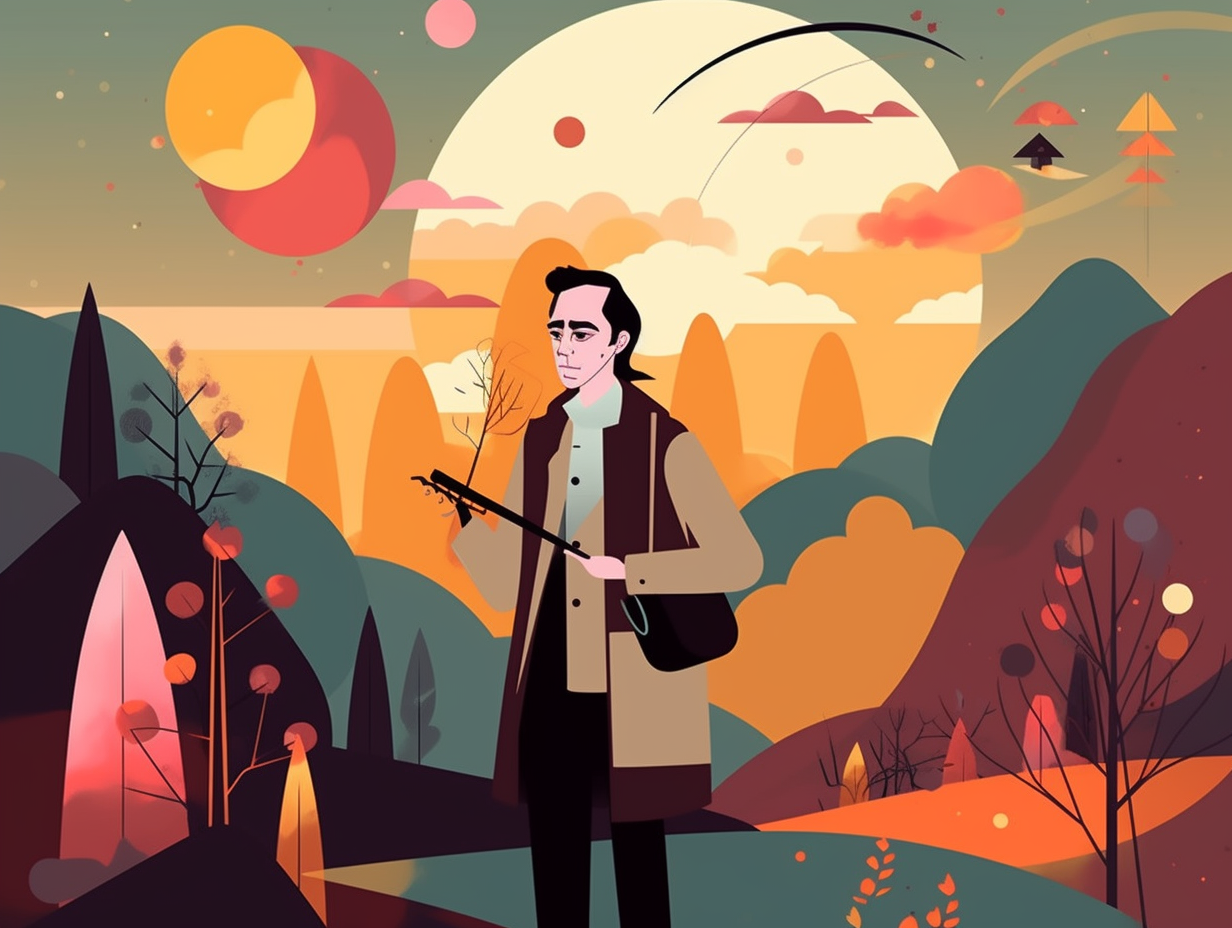Discover the Stars: Top 13 Amazing and Surprising Fun Facts About Astronomer Cecilia Payne
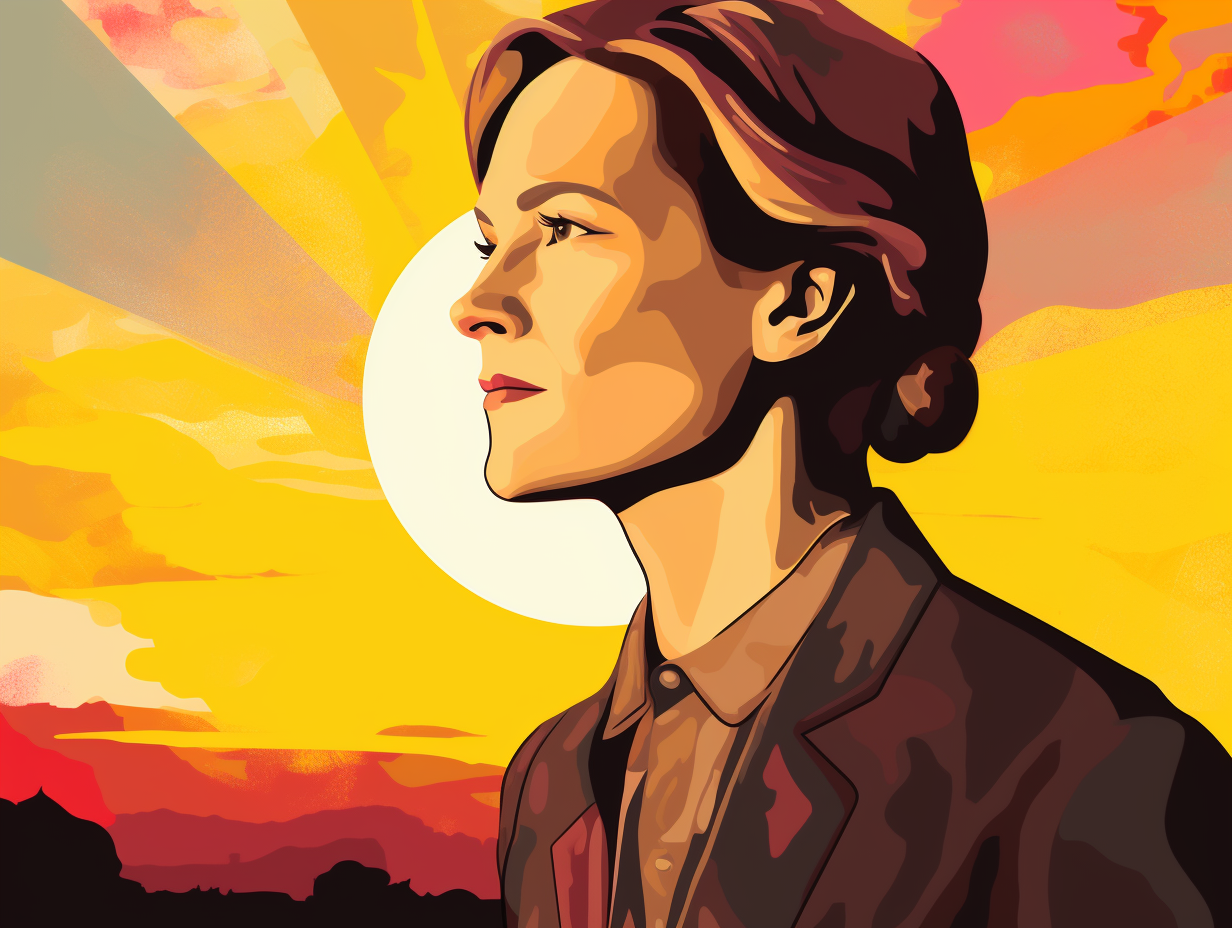
1. Cosmic Queen of Starlight
Star-struck lovers, eat your heart out: Cecilia Payne was the cosmic queen who first deciphered the stellar secrets of starlight, revealing the composition of stars, and also made significant contributions to understanding variable stars alongside her Russian astronomer hubby Sergei Gaposchkin.
Source => amnh.org
2. Celestial Sherlock Holmes
Before stars had their very own "23andMe" to discover their cosmic background, Cecilia Payne was cracking their codes like a celestial Sherlock Holmes: Her pioneering work on decoding stellar spectra revealed not only the composition of stars, but also led to the development of the Hertzsprung-Russell diagram, still used today to understand the evolutionary stages of stars.
Source => amnh.org

Discover how Jane Goodall's groundbreaking observations at Gombe Stream National Park forever changed our perception of chimpanzees and their surprising abilities! 🐵🔧
=> Fun Facts about Jane-Goodall
3. Physics Major Turned Star-Gazer
If Cecilia Payne had followed her "stars" like a modern-day horoscope, chances are she would have been more interested in splitting atoms than stargazing: but life is full of cosmic twists! After majoring in physics at the University of Cambridge, Cecilia found herself irresistibly drawn to the sparkly wonders of the universe and went on to pursue graduate studies in astronomy at Harvard University, forever changing the field by uncovering groundbreaking discoveries about the chemical composition of stars.
Source => en.wikipedia.org
4. PB&J of Astronomical Cuisine
In a universe where helium and hydrogen are basically the "peanut butter and jelly" of astronomical cuisine, it's no wonder Cecilia Payne-Gaposchkin is considered the top chef of the cosmos: She was the first to discover that stars have a serious hankering for these particular elements, and her Ph.D. thesis on the topic remains the most lauded piece of astral academia, securing her a spot on Harvard's faculty and numerous prestigious awards.
Source => www2.hao.ucar.edu
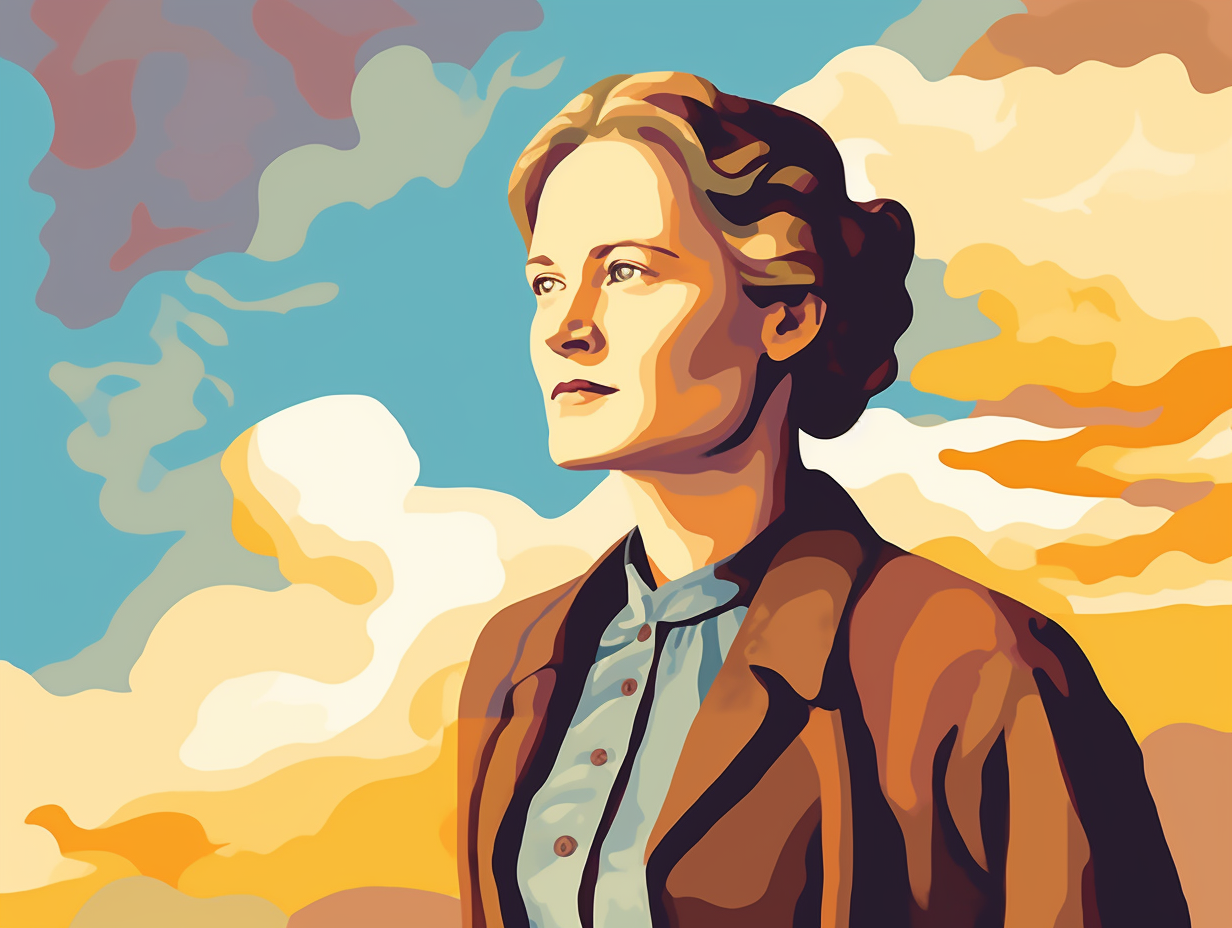
5. The Sun's Perfect Match
If the Sun had a profile on a dating app, Cecilia Payne might have been its most compatible match – after all, she knew what made it truly shine: Payne's groundbreaking PhD thesis determined that the atmosphere of the Sun consists predominantly of hydrogen, a claim initially met with skepticism but later confirmed by the prestigious Henry Norris Russell. And who could argue with astronomer Otto Struve, who lauded her work as "undoubtedly the most brilliant PhD thesis ever written in astronomy"?
Source => astronomy.fas.harvard.edu
6. Stars' Weight-Loss Secret Revealed
When stars were caught in a weight-loss scandal, Cecilia Payne swooped in as their personal astrophysicist nutritionist and uncovered their true makeup: Payne's stellar research revealed that stars are predominantly composed of hydrogen and helium, revolutionizing the field of astrophysics and redefining what makes a celestial body truly svelte.
Source => amnh.org
7. Darth Vader's Lighter Gas
In a universe far, far away, where Star Wars is solely based on hydrogen and helium and Darth Vader huffs lighter gas instead of using the heavy side of the Force: Cecilia Payne shattered cosmic misconceptions by discovering stars' composition primarily of hydrogen and helium, debunking the belief that they were made of Earth-like heavy elements.
Source => amnh.org
8. Recipe for Stellar Success
Cecilia Payne wasn't just some celestial chef randomly tossing ingredients into a cosmic cauldron; she cooked up the recipe for stellar success with a pinch of hydrogen and a dash of helium: In her game-changing Ph.D. thesis, Payne deciphered the secrets of starlight spectra to reveal that the Sun and other stars were primarily composed of hydrogen and helium instead of heavier elements, thus establishing a core principle in astrophysics that still holds today.
Source => amnh.org
9. Geeky Science Joke-Off Queen
Cecilia Payne, the celestial trailblazer with a stellar sense of humor, could certainly outshine any astronomer at a geeky science joke-off: She made astrophysics history by writing "the most brilliant Ph.D. thesis ever in Astronomy," becoming the first woman to hold a full-time, non-female-only professorship at Harvard College, and the first to earn a Ph.D. in astronomy from Radcliffe College, all while leaving Harvard star-struck as the head of its Astronomy Department.
Source => thecrimson.com

10. Stars' Truth or Dare Secrets
When stars play "Truth or Dare," they all choose truth – it's more fun to spill their guts about being hydrogen-rich: Cecilia Payne-Gaposchkin's research in the 1920s astonishingly showed that contrary to previous belief, stars are composed mostly of hydrogen and helium, not elements similar to Earth. This trailblazing astronomer became the first woman to earn a Ph.D. in her field from Radcliffe College and the first female full professor at Harvard, while her contributions shone brightly as she snagged the Henry Norris Russell Lectureship from the American Astronomical Society in 1977.
Source => now.northropgrumman.com
11. Astronomer Indiana Jones
Move over, Indiana Jones - it's Dr. Payne's time to shine: Cecilia Payne-Gaposchkin bravely journeyed into the wild world of academia and battled skeptics to become the first person to earn a Ph.D. in astronomy from Radcliffe College of Harvard University, forever changing the realm of astrophysics with her discovery that the Sun's composition is, in fact, predominantly hydrogen.
Source => en.wikipedia.org
12. Helium on Earth and Hydrogen too!
Ever wondered what stars are made out of? You might say they're "helium on Earth and hydrogen too!" (Hydrogen&Helium, the ultimate celestial power couple!): Cecilia Payne's groundbreaking discovery shattered the misconception that stars were primarily composed of heavier elements, unveiling that they're actually made mostly of hydrogen and helium. She not only rewrote the astrophysics playbook, but also blazed the trail for women in the field as the first female astronomy professor at Harvard.
Source => amnh.org
13. Record-Breaking PhD Thesis in Astronomy
In a cosmic game of "Anything you can do, I can do better," Cecilia Payne-Gaposchkin proved she could boldly go where no woman had gone before: she became the first person to earn a Ph.D. in astronomy from Radcliffe College, after Cambridge University pulled the galactic-sized shade of refusing to grant degrees to women. Her astronomical opus, "Stellar Atmospheres, A Contribution to the Observational Study of High Temperature in the Reversing Layers of Stars," is now hailed as the magnum opus of the celestial sphere; indeed, it's considered the most brilliant thesis ever written in astronomy.
Source => scihi.org
Related Fun Facts


